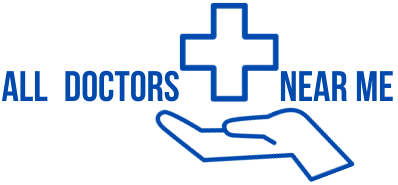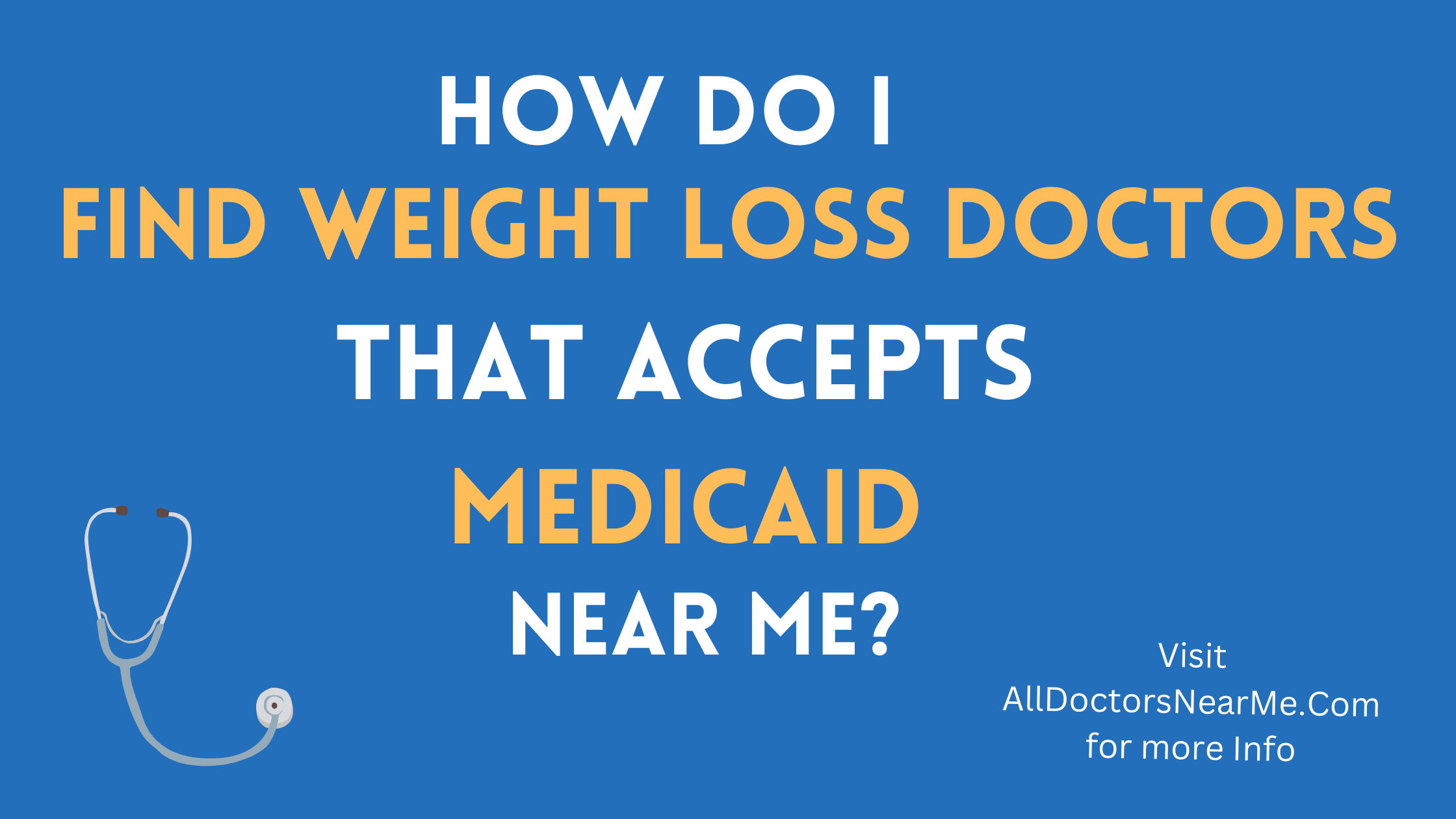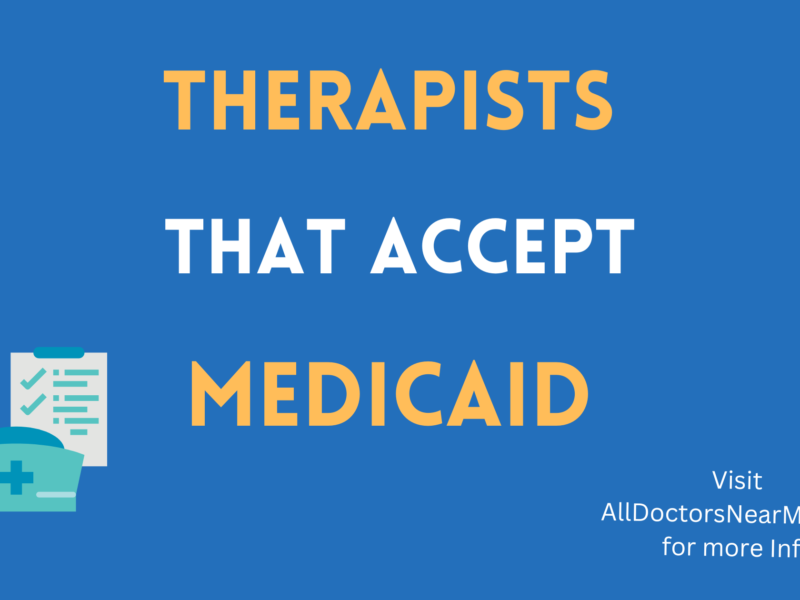To apply for Medicaid, specific documentation is needed, such as pay stubs, tax returns, and income verification.
Medicaid is a government funded program that provides health care services to individuals and families with low income, aged individuals, pregnant women, and children. Unlike most private health plans that typically have coverage restrictions, Medicaid has comprehensive coverage.
Eligibility Criteria
Medicaid covers millions of Americans and is an invaluable source of health insurance for individuals with disabilities, children, pregnant women, and income-eligible seniors. It is administered by federals and states, which makes it jointly funded.
More than half the states use MAGI (Modified Adjusted Gross Income) methodology for financial eligibility determination to Medicaid. This method considers an applicant’s and their spouse’s gross income, tax filing status, and owned assets. Countable assets include cash, bank accounts, investments, real estate properties, vehicles, personal belongings, while non-countable assets include Primary residence, one vehicle, and certain retirement accounts.
Medicaid has strict caps on income, which may compel applicants to spend down their assets in order to qualify. Each state has its own rules; in New York, for example, those applying for Medicaid may not exceed an income level of 138% of FPL.
In addition, most states require applicants to be legal residents of the United States because of the Affordable Care Act, which can result in denial of coverage. Individuals denied coverage have the right to request a fair hearing.
Documentation of Income
To apply for Medicaid, applicants must provide income documentation including a paycheck, bank statement, or tax return. Depending on your state of residency, other papers such as citizenship or immigration papers along with Social Security Numbers of all people in the household may also be needed to process your application.
States will check an applicant’s assets like investments, personal property, real estate, and even burial plots as part of the eligibility review process. Some assets are considered exempt, for example, the value of the home (minus any outstanding debts), burial plots, or the contents of an Irrevocable Burial Trust.
Use of the modified adjusted gross income (MAGI) as an eligibility marker is employed to determine whether a person qualifies for traditional Medicaid as well as premium tax credits and cost sharing reductions available in the health insurance exchange. MAGI is broadly used to determine need throughout different programs; the majority of private health insurance, Medicare Savings Program, and federal Supplemental Security Income (SSI) program also use it.
In practice, how the SSI and MSP programs administer their eligibility processes differs in some details, but both rely on a great deal of paperwork and documentation in order to establish an individual’s eligibility. Both have very low asset/income thresholds, and these programs also have categorical requirements based on age, disability, and pregnancy.
Proof of Citizenship or Immigration Status
Non need eligibility criteria must be satisfied by applicants in order to qualify for coverage under Medicaid. These persons must be citizens or eligible as everlasting residents. Moreover, they must live in the county and state in which they are applying and have legal presence. Also, both countable assets such as earnings from employment or self-employment and exempt assets such as home equity or cash value life insurance policies may count toward eligibility where countable assets include Social Security and pension benefits but most retirement accounts do not.
Many users remarked how the process of applying for citizenship documentation is often painstakingly difficult, expensive and consumes system resources which discourages people from completing the process in a timely manner. This becomes increasingly complicated for semi-literate non-english speaker individuals making it more along the lines of impossible which gives them no access to simple yet vital services.
This possibly explains the appeal given by some users in which they respond that CMS should allow states to use the Department of State’s guidelines for determining citizenship, like accepting census data and records of a physician’s postnatal care at a minimum as acceptable documentation. They further asked CMS to allow states to collaborate with other states in servicing and processing approved citizenship documentation. Also, these states should be allowed to obtain and store copies or electronic versions of the citizenship documents which have been processed by other states.
**Proof of Resources**
Medicaid, a governmentally sponsored health insurance program, provides coverage to millions of Americans and is financed by both the federal and the state government. A processes that an individual must complete yearly is a renewal process, which is conducted in order to confirm eligibility of Medicaid. Supporting assets and other necessary information must be submitted along with the request by the applicant.
In order to apply for Medicaid, applicants must provide supporting documentation that includes bank account statements, investment statements, and account records. The state also has a “look back” period where they examine any asset transfers within five years leading up to the application date. This period examines if assets were sold or gifted at a value lower than faire market value, which may disqualify individuals from Medicaid benefits.
The issuance of Medicaid is accompanied by numerous resources that New Yorkers can avail of to aid in the enrollment process. Local offices are often staffed with professionals who can attend to questions and guide users through the enrollment processes and provide important local information to the applicants.
Apart from that, free training sessions for consumers looking for help with applying or renewing their Medicaid are offered through the Medical Assistance Program Automated Resource Center (MARC), who send announced sessions directly to registered users. For more information about MARC or its events, visit the Resource Center’s website, which caters to professionals and staff supporting consumers seeking assistance with the Medicaid application and renewal processes.


